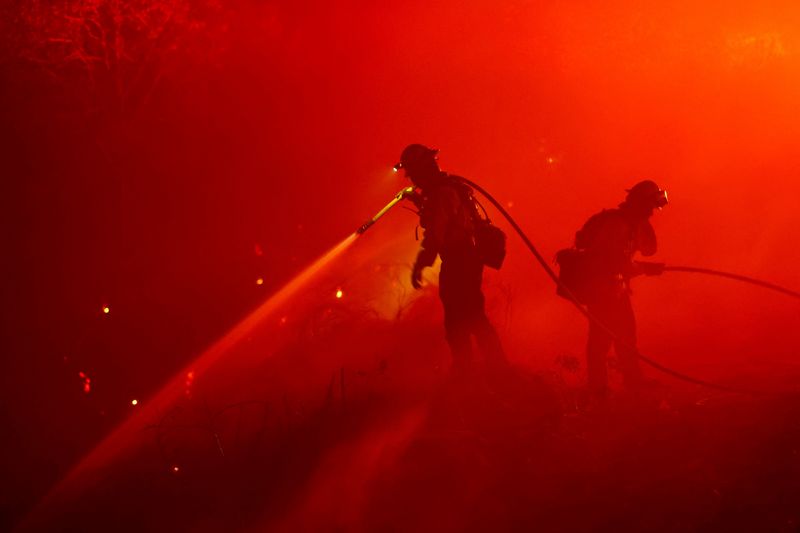TRENTON, NJ – A new bill has been introduced that would allow volunteer firefighters and first aid or rescue squad members to claim an additional tax exemption of $5,000. To qualify for this deduction, certain requirements must be met.
Under the proposed legislation, volunteer firefighters would be eligible for the $5,000 deduction if they meet the following criteria: 1) they volunteered throughout the entire tax year; 2) they performed 60% of fire duty; and 3) by January 1st of the tax year, they had achieved the rank of Firefighter I Certified according to approved standards. For volunteers without assigned duty hours, they must have responded to 60% of the regular alarms and drills in which their department or force participated. Volunteers with assigned duty hours must have completed a minimum of 400 duty hours during the calendar year, with no more than 50% of those hours dedicated to drills.
Similarly, first aid or rescue squad members would be able to claim the deduction if they meet the following requirements: 1) they volunteered throughout the entire tax year; 2) they performed 10% of rescue duty; and 3) by January 1st of the tax year, they either passed an approved training program or qualified as an emergency medical technician. For volunteers with assigned duty hours, they must complete at least 400 hours of duty during the year, with no more than 50% of those hours allocated to drills. Volunteers without assigned duty hours must attend and provide first aid at no less than 10% of the regular alarms and participate in 60% of the drills.
The bill defines duty hours as the period during which volunteers commit themselves to respond to alarms.
To claim the deduction, eligible volunteers would be required to submit proof along with their tax claim to establish their entitlement. The Director of the Division of Taxation would be responsible for determining the method of providing this proof.
Furthermore, officials of each fire department or force would be responsible for submitting a list of eligible firefighters to the Department of Community Affairs by March 31st of each year. Similarly, officials of the rescue or first aid squad would be required to provide a list of eligible squad members to the Department of Health and Senior Services by the same deadline. These lists would be made available to the Director of the Division of Taxation for verification purposes. Any official found to have filed a false list would be subject to prosecution under existing legislation, which classifies knowingly certifying a false statement to evade taxes as a fourth-degree crime. Convictions for fourth-degree crimes carry penalties of up to 18 months imprisonment, fines up to $10,000, or both.
Ad: Save every day with Amazon Deals: Check out today's daily deals on Amazon.
